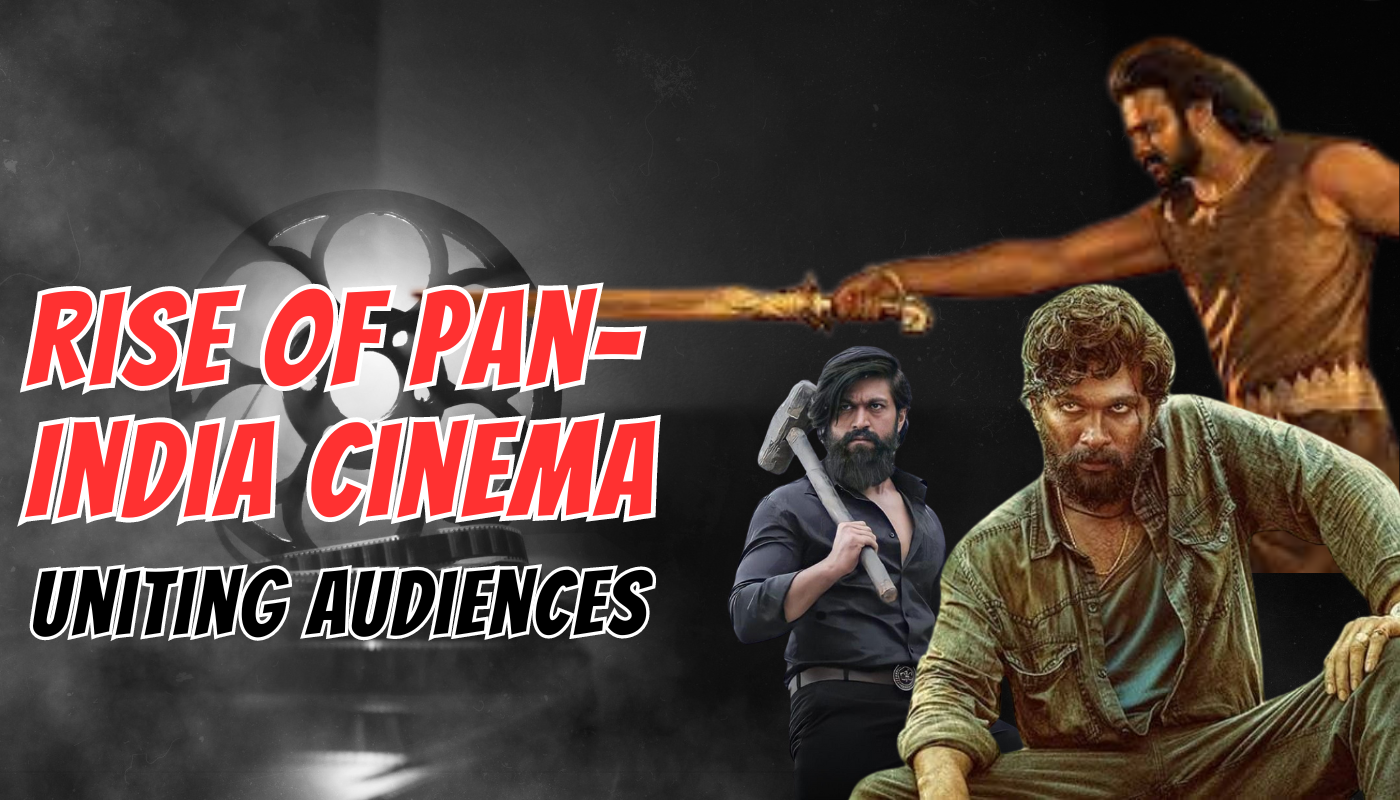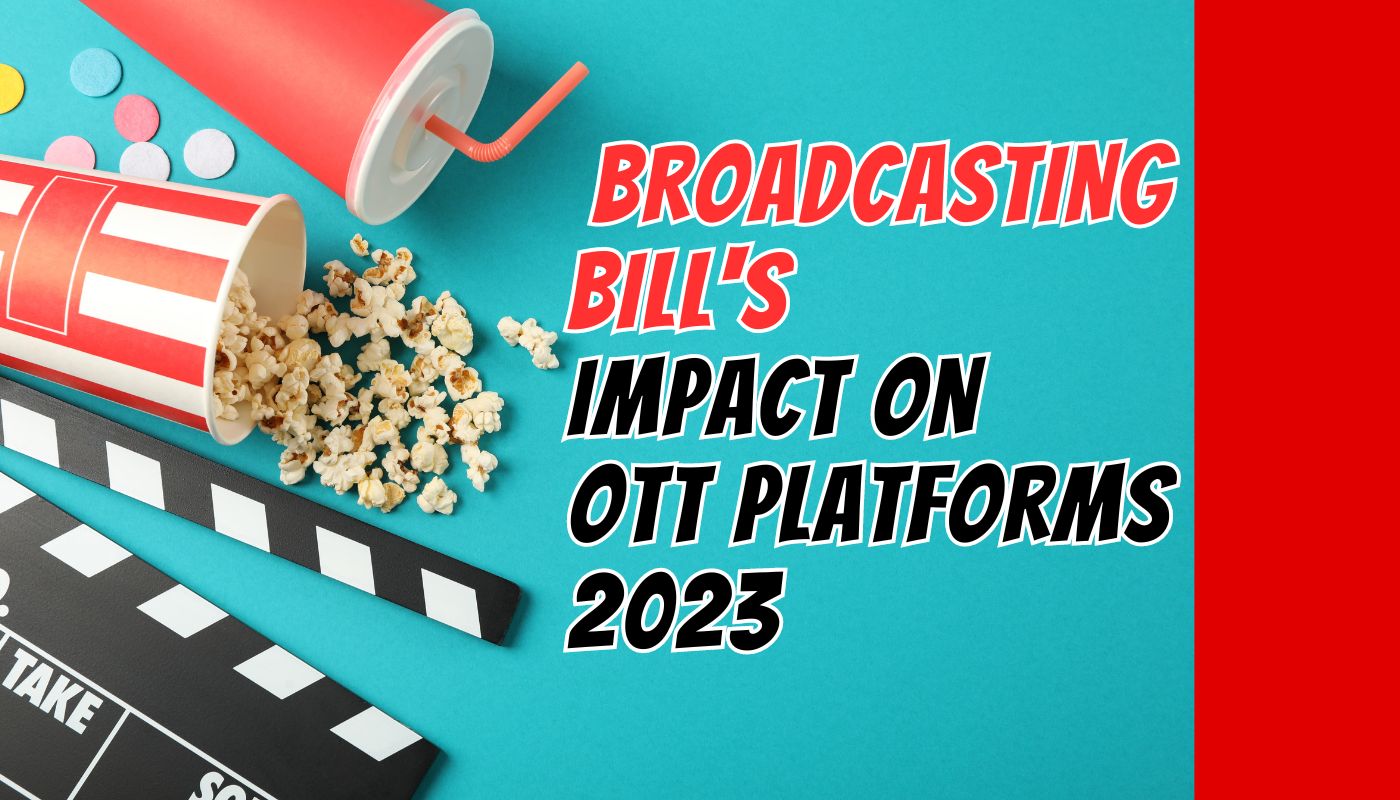Film: Hope and a Little Sugar
Director: Tanuja Chandra
Cast: Amit Sial, Mahima Chowdhary, Vikram Chatwal, Anupam Kher
Rating: 2.5/5
Tanuja Chandra’s repertoire is full of brave attempts at artistic/emotional profundity. That these attempts don’t become self-conscious indulgence is a boon but that does not stop them from being embarrassing in their limited execution vis-à-vis the clear wish to transform. Hope and a Little Sugar is more or less on the same lines, a slight improvement on her earlier work but sadly just that. The gaps remain too yawningly evident to merit anything more.
The movie deals with the aftermath of 9/11 in the context of exploring victimization and life waiting to be lived inspite of it all. Ali (Amit Sial) is a budding photographer in New York with a terrible tragedy, a result of communal riots, in his past. He meets and falls in love with Saloni (Mahima Chaudhary) a charming Sikh lady, who owns a sweets shop by the name of Hope and a Little Sugar and is married to Harry Ranjit (Vikram Chatwal).
Circumstances acquaint him to all the members of the family so much so that after the death of Harry, Saloni’s husband, he becomes something of a comforter to her and the family. The tragedy tears the family apart such that Saloni’s father-in-law, Colonel Oberoi (Anupam Kher) is unable to come to terms with it leaving every member of the family bereft. Things come to a head when Colonel gets into a murderous rage to avenge his son’s death by targeting Ali as a symbol of his wrong-doers. But just then fate, irony, geographical realities, call what you may intervene and teaches a new lesson.
Interestingly, the movie has a wider scope and departs from the director’s favorite genre of women-oriented films. The movie explores relationships, ethos and recent history to supply a wholesome definite context. While it does not completely succeed in doing so, it convinces enough. Sadly, it fails to explore the myriad layers that are bursting to be explored in a script which is fairly potent material for an emotional-semi-philosophical take on humans and human relationships.
The movie loses the opportunity to pleasantly surprise not only due to average direction but fractured writing. Emotional and mental turmoil that is wrought on a family torn by terrorism asks for a greater level of involvement from all concerned, writer, actors, director and audience. While partly engaging, the journeys and experiences of the principal characters for a large part leaves the viewer unconcerned. But it is worth mentioning that the parts that engage owe it to the actors completely, be it the delightful-as-the-garrulous -Punjabi-ex-armyman Kher or charming and controlled Chaudhary or a surprisingly vulnerable Suhasini Mulay!
Despite its sparks of brilliance the acting also follows the path of the writing. Touching and disinteresting by turns it is disconcerting to see how an actor can turn in excellent and terrible bits in the same scene. Kher, Mulay, Chaudhury and Sial are all guilty of fractured acting.
A case in point is Kher’s break down scene and Mulay’s outburst. Brilliant in execution till the crescendo which when it comes rings so false it delivers all else insipid. Sial begins with a nicely executed introduction as a caught-up, unsure lad but ends as a poor imitation of Manoj Bajpai. All in all Chaudhary delivers a heart-warming performance despite the snags in her acing and character graph.
Cinematography is apt for the scale of the film. It captures the colors and sensibility of the world its characters inhabit and suffices. Like the screenplay it too shies of exploring a deeper emotional world of any of the characters. Editing, to a large extent, gives the character to the film as it begged. Especially the scene where the 9/11 news breaks out. Having said that, a number of scenes demand a more suitable introduction or finish but then one is never to know if that was the way it was meant to be.
While Hope and a little Sugar throws up a number of issues that affect the world today, it does a double take on its own solution, concluding with a very Bollywoodised ending. Philospophy for the sake of itself is fine but to justify an ending meant for mass appeal is a serious case of intentions gone haywire. International funding and co-productions sadly do not make up for a flawed vision. Endearing in parts, the movie definitely scores much better than Tanuja Chandra’s past films but on its own it just doesn’t really measure up.



